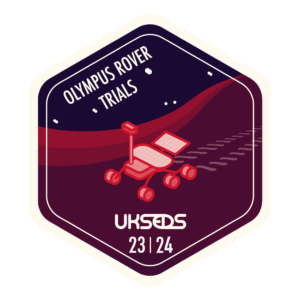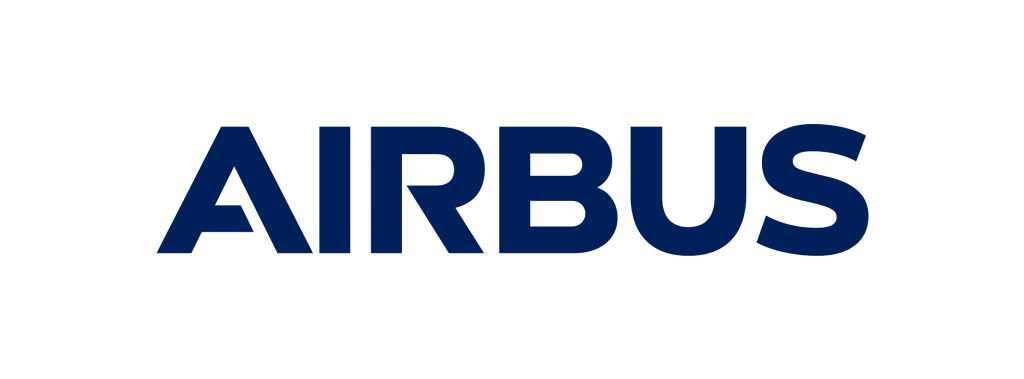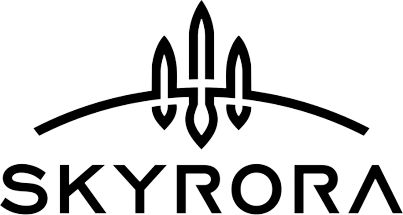
Registration for the 23/24 competition is now closed!
The Olympus Rover Trials (ORT) challenge student teams to design, construct and operate a rover for an analogue sample return mission to Mars. Students create a rover concept, trade off performance parameters and pass through a rigorous review process with a panel of engineers from the space sector. The competition aims to:
Challenge students to perform a complex systems engineering task of the development of a vehicle to a set of real space mission requirements;
- Enable students to apply taught technical skills and learn new ones relevant to a job in the space industry in an applicable project environment;
- Provide students with an opportunity to develop and practice other important and transferable skills, such as teamwork, leadership and project management;
- Foster interest in the activities of the space sector, especially in space engineering and robotics.
Who can participate?
The competition is open to all UKSEDS members. If you are not already a member, sign up for free membership today. This includes students (Bachelors to PhD), and we also support graduate teams (as long as team members have graduated within the last 3 years). Team sizes are limited to 15 but there is no lower team limit. There is no entry fee associated with this competition.
How many team members can we have?
There is an upper team limit of 10 people, but there is no specified lower team limit.
Critical Design Review Submission Point
Basic Rules and Requirements
Advanced Rules and Requirements
Previous Year's Teams















Past Competitions
Proud corporate partners with

